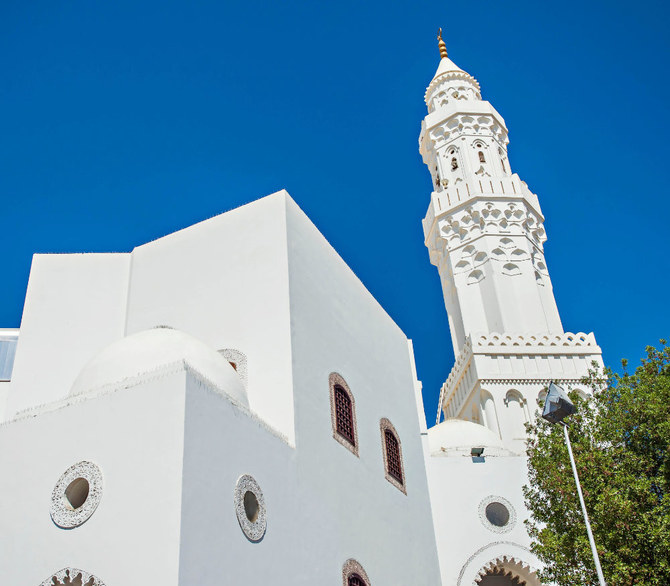JEDDAH: In a major stride toward transforming urban mobility, Jeddah has officially launched the new phase of its public transport system.
The expansion includes 91 new buses with three fully electric models, and six new bus routes. All the vehicles feature improved accessibility for passengers with disabilities.
The new fleet was unveiled in a ceremony on Wednesday under the supervision of the Jeddah Transport Company in partnership with the Saudi Public Transport Company.
Reflecting on the upgrade, Youssef bin Nasser Al-Sayegh, CEO of JTC, said: “Our focus is not just on movement, but on intelligent movement. We plan to leverage data and analytics from the new GPS and dashboard systems to continually improve long-term operational efficiency and deliver a more seamless passenger experience.
“This includes improving route synchronization, adjusting timetables, and reducing unnecessary stops to enhance efficiency and increase the punctuality of bus arrivals.”
The new technology is being used to analyze trip durations, delays and passenger counts in real time.
By collecting and studying long-term data on passenger movement, peak hours, and high-demand areas, JTC hopes to improve services by refining routes.
The network expansion has increased the number of routes from six to 14, providing better access to the city.
There now more than 80 stops and 117 air-conditioned stations, with buses operating daily from 5:30 a.m. to 11:30 p.m.
Tickets are priced at SAR 3.45 per trip (including VAT), with daily, weekly, and monthly subscription options available.
“This launch is not just about numbers, it’s about building confidence in public transportation,” said Khalid bin Abdullah Al-Hogail, managing director and CEO of SAPTCO.
Passengers can now use the official Jeddah Buses mobile application to buy tickets and plan journeys.
Looking to the future, Al-Sayegh shared a broader vision beyond 2028.
He said: “We’re actively designing a public transport system that not only includes comprehensive bus routes but also introduces new modes, like the marine taxi, to enhance connectivity and make the most of Jeddah’s coastal geography.
“As part of our five-year roadmap, we plan to expand coverage further into Jeddah’s suburbs and northern areas, connecting key neighborhoods and alleviating pressure on high-traffic corridors.
“These developments will ensure that every resident, no matter where they live, has convenient access to sustainable transport,” he added.
The marine taxi initiative, which recently began a pilot phase, presents a novel approach to alleviating road congestion by using the Red Sea as an alternative transit route.
The sea taxi service is already up and running, connecting major locations like the Jeddah Yacht Club, Historic Jeddah district, and will soon begin operations in the Sharm Obhur district.
“This project is just the beginning; our goal is to expand the routes and enhance the city’s connectivity along the waterfront,” he said.
Al-Sayegh emphasized the project’s long-term impact: “In the future, we plan to develop 20 state-of-the-art water taxi stations that will handle up to 29,000 passengers daily, further reducing congestion and promoting maritime tourism.
“This project is not just about improving transport; it’s also about enhancing the overall experience for residents, visitors, and tourists, aligning with the Kingdom’s vision to modernize infrastructure and provide modern transportation solutions.
“Our integrated approach looks at how buses, future rail solutions, and maritime options can all work in sync. This is a foundation for a forward-thinking urban transport system, one that evolves with the city and its people.”
Ceremony attendees were given a tour of the control room at the event, where they watched live feeds from bus stations and marine taxis, showing how the system is operated and monitored in real time.


























